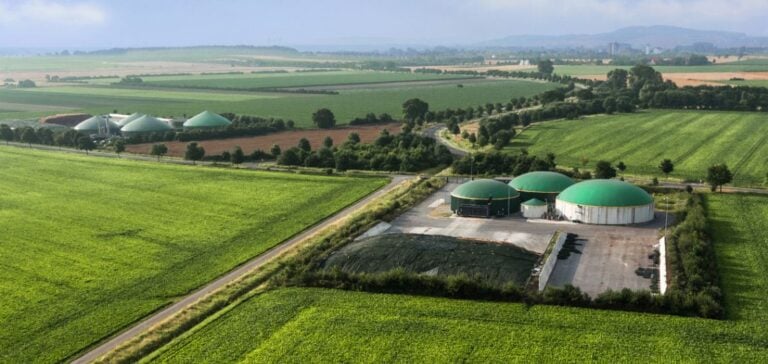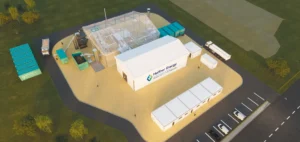By 2023, the production of biomethane, derived from the methanization of bio-waste, particularly agricultural and food waste, and sludge from wastewater treatment plants, has increased significantly in France, from 7 terawatt-hours at the end of 2022 to 9.1 terawatt-hours. This progress is documented in the 9th Panorama des gaz renouvelables, a report published by the Syndicat des énergies renouvelables (SER), Gaz et Territoires, GRDF, GRTgaz, and Teréga.
Sector vision and future projections
Industry players declare that “this sector, which emerged in the early 2010s, is now firmly established in the French energy mix”. They set ambitious targets of 60 terawatt-hours by 2030, and even envisage 70 terawatt-hours including heat and electricity production from biogas.
Responding to economic challenges
The sector has suffered significant economic constraints due to a drop in the feed-in tariff since 2020, which has stalled many projects. However, “while the sector is just recovering from this air pocket after a tariff revision decided mid-2023 for projects below 25GWh/year”, there is still a lack of short- and medium-term visibility on the economic framework for larger installations.
To encourage the development of projects exceeding 25 GWh/year, the sector is awaiting a decree, promised for the summer, that will oblige gas suppliers to offer a “green” gas option to the residential and tertiary sectors, a measure that will be supported by “biogas production certificates”. Industry players insist on the need for a “stable, predictable framework with the right level of support” to enable dynamic development of new projects.






















